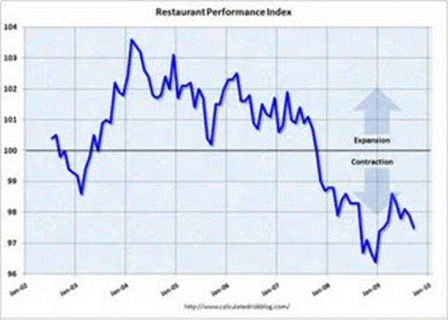[Skip to the end]
Yes, interesting that over 75% are still paying and probably will continue to pay for a variety of reasons, including they personally guaranteed the payments, their payments have, in many cases, gone down, they like living where they are living, and, not least, they believe in meeting their obligations.
A corrupting influence that, anecdotally, is widespread is that most assistance programs require you be delinquent. A friend of mine who is current on his mtg and intends to stay current was just told he could get assistance if he stopped making his payments.
When govt. implements programs with these kinds of incentives they induce a breakdown in the moral fabric of the society.
There have always been numerous examples of this, particularly with the income tax laws, but the last year has seen a disturbing increase in new legislation with counterproductive incentives.
This also begs for a payroll tax holiday and per capita federal revenue sharing for the states to enhance net incomes needed to make the mortage payments and ‘fix’ the economy from the bottom up.
Yet the entire Congress as well as the Administration seems silent on this issue.
By Diana Galobay
Oct. 13 — The majority — 60% — of remaining performing borrowers within ‘06- and ‘07-vintage residential mortgage-backed securities (RMBS) bear negative home equity, meaning they are underwater on their mortgages and owe more than their houses are worth.
This overwhelming presence of negative equity is hampering sustained improvement in RMBS performance, according to Fitch Ratings.
“[N]egative equity reduces a borrower’s inventive to pay their mortgage and limits their options when faced with financial difficulties,†said senior director Grant Bailey in a statement.
The rate of previously performing borrowers rolling into delinquency status showed “notable improvement†in the first half of 2009 and stabilized during the summer at an elevated level. The percentage of previously performing borrowers rolling into delinquency “increased modestly†in September, Fitch said.
The rating agency expects US unemployment to peak at 10.3% in the middle of next year, further pressuring current borrowers. House prices will ultimately decline another 10% over the next year.
“Home price figures in recent months were temporarily helped by the reduced share of distressed property liquidations due to foreclosure moratoriums and servicers’ increased efforts to qualify borrowers for modifications,†Fitch said. “However, the number of distressed borrowers has continued to grow.â€
The rating agency noted the number of non-agency borrowers 90 plus days delinquent reached 1.66m in September — the highest level on record.
“While increased modification efforts and an extension of the first time home buyer tax credit may help home prices, the ultimate increase in liquidations from the growing distressed inventory will likely cause a further price decline,†Bailey said.
[top]


